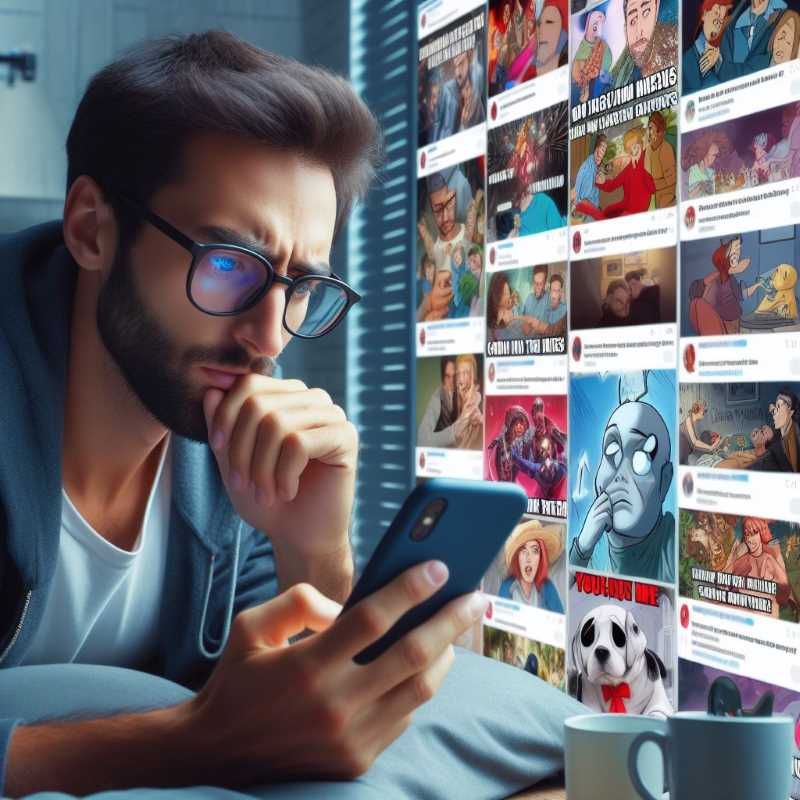“TikTok Democracy”: When Politics is LOL, But is Anyone Actually Laughing?
Democracy faces a crisis of spectacle and apathy. Politicians chase viral fame on social media, while citizens disengage. This focus on entertainment undermines accountability and erodes trust. It's time to demand more from our leaders and revitalize true democratic participation.

“Democracy is dead! Long live the TikTok candidate!”
Okay, okay – Carola García Calderón, director of UNAM's Faculty of Political and Social Sciences, didn't exactly say that. But you could be forgiven for thinking something so dramatic when looking at modern political campaigns. Those stuffy speeches about transparency, ideals, and citizen participation? They're getting drowned out by viral dance routines, snappy one-liners, and candidates pretending to be relatable in ways that sometimes make you cringe harder than a badly lip-synced audio clip.
As Calderón points out, politics has gone full-on TikTok. That's the price of admission if you want to connect with today's voters, particularly the younger generation. They're not reading manifestos – they're scrolling through social media on their lunch breaks. The political arena has become one gigantic digital stage. If you're not entertaining, you're not even in the game.




